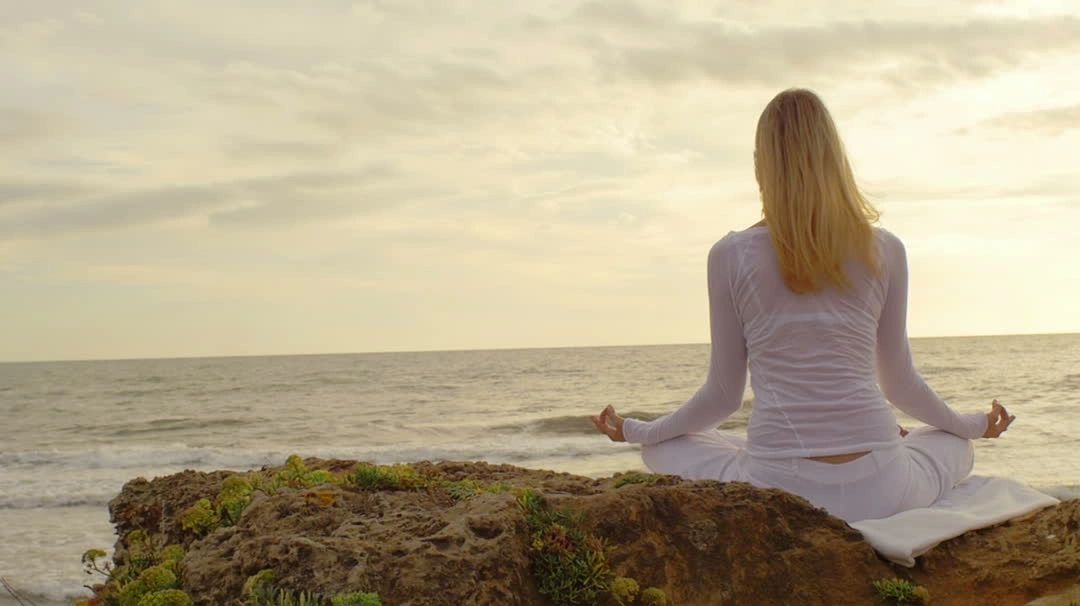

Your Health and Wellness Partner
We're a committed team of specialists developing innovative synbiotic products across probiotics, nutraceuticals, and food supplements.
Our mission is to deliver financially accessible products without compromising quality or reliability while fostering healthier communities through evidence-based advancements, and revolutionizing wellness for all.
Meet Our Founder

Raul Cano, PhD, CEO, CSO
Dr. Cano is a world-renowned microbial ecologist. He is Professor Emeritus and Endowed Chair of the Unocal Institute of Environmental Studies at California Polytechnic State University in San Luis Obispo, California, as well as a Fellow of the American Academy of Microbiology. Over the past 40 years Raul has used the power of microorganisms to create human antibiotics and probiotics to clean up oil spills and other environmental contaminants.
Featured On





Copyright © 2024 Chauvell LLC - All Rights Reserved.
This website uses cookies.
We use cookies to analyze website traffic and optimize your website experience. By accepting our use of cookies, your data will be aggregated with all other user data.